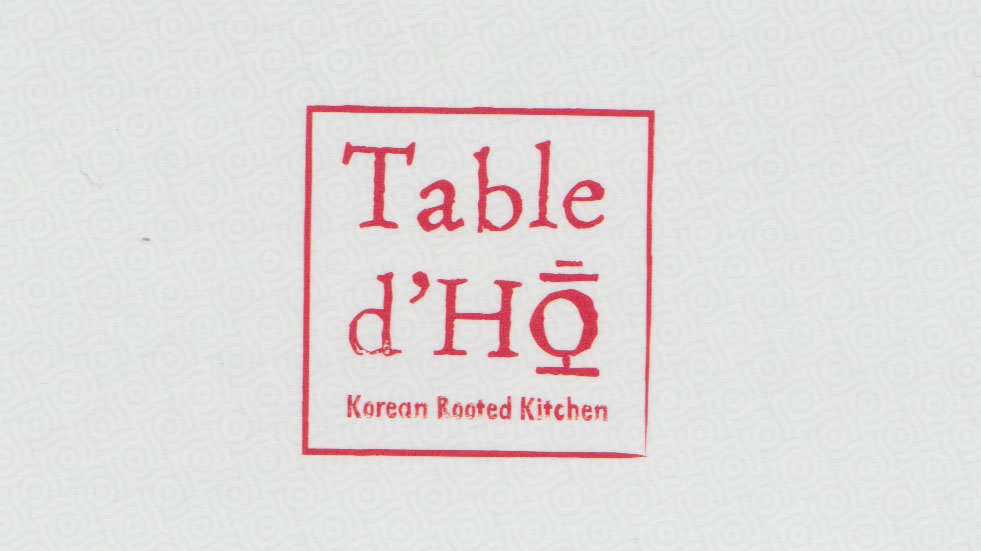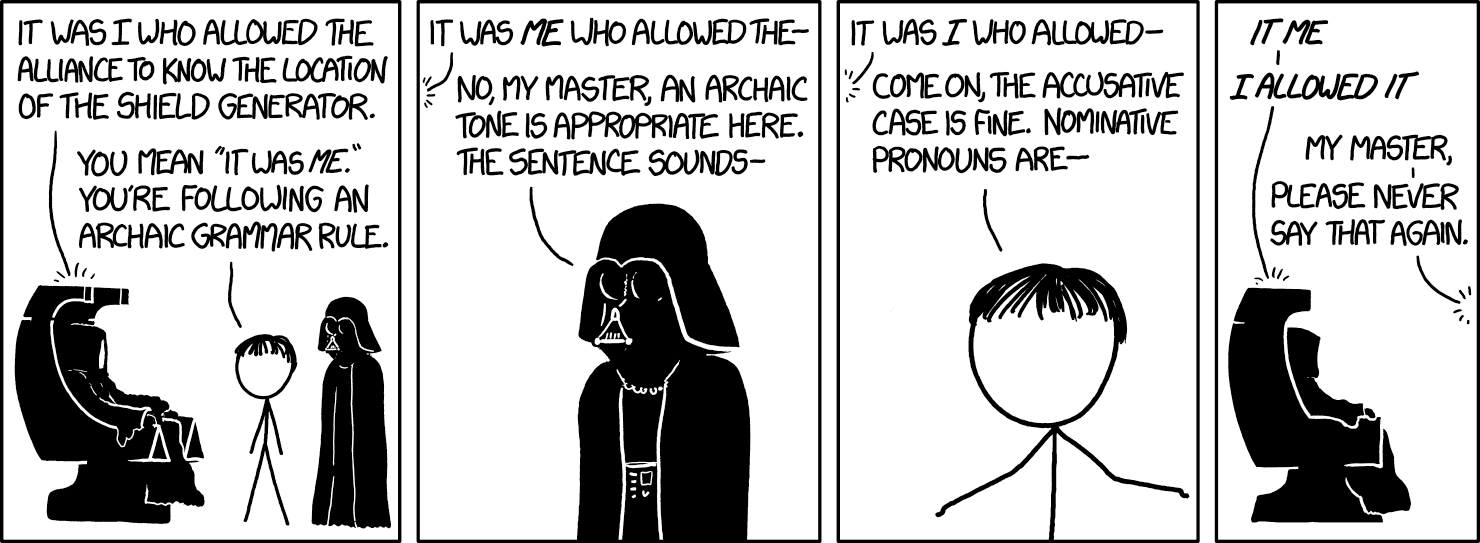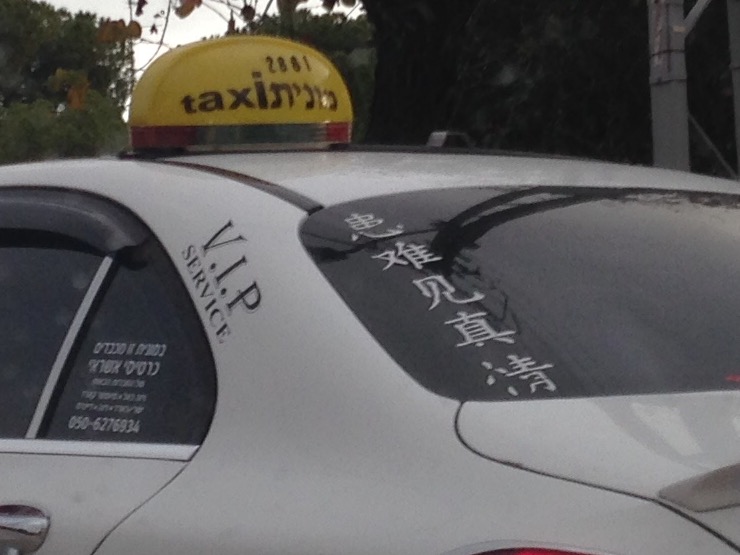Ken Adams, "Courtesy of the High Court of England and Wales, A Reminder that Ambiguity Is Best Left to Experts", Adams on Contract Drafting 12/11/2016:
Here’s the language at issue (emphasis added):
Without prejudice to the provisions of paragraph 3 if all of the Conditions have not been discharged in accordance with this Schedule by the Longstop Date, then either Asda or Dooba may rescind this Agreement by giving to the other not less than ten working days written notice to that effect.
So can the Agreement be rescinded if "all of the Conditions have not been discharged" with broad scope of negation, meaning that "it's not the case that all of the Conditions have been discharged", i.e. at least one Condition has not been discharged? Or should we construe the clause with narrow scope of negation, requiring that every one of the Conditions must have failed? The deputy judge reasoned as follows:
The subject of the clause is “all of the Conditions”; the characteristic which the subject is required to have is “have not been discharged”. As a matter of strict Boolean logic, the relevant characteristic is a negative one, which must affect all of the Conditions in order to fall within the clause. […]
I agree with Asda that the formula “if all … have not …” is sometimes used to mean “if not all … have”, but I do not accept that this has become its primary meaning.
Read the rest of this entry »



